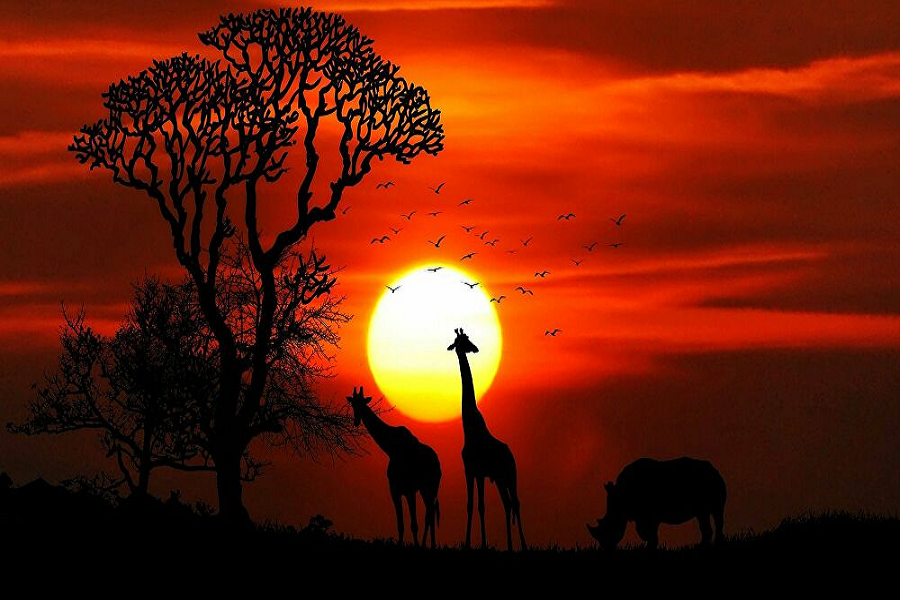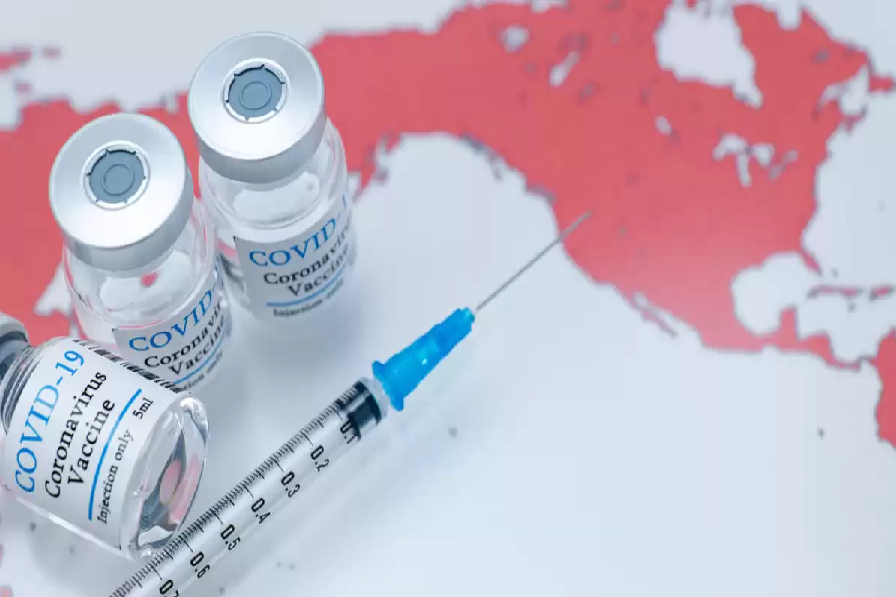Before vaccines appeared, the pandemic “was” a tragedy of enormous proportions. It could still become much worse if we refuse to face the uncomfortable facts it has uncovered: the unpleasant truths about global injustices and inequalities, as well as the great imbalances within countries. We are faced with the challenge of seeing world health as a universal common good, not a benefit that can be cultivated for the privileged few.
India bleeds every night in front of our screens in the news. The images of its inhabitants dying in hospital corridors, or makeshift outpatients in vans, are terrifying. Oxygen is the most precious commodity because it is especially scarce. Current case figures have far exceeded the country’s first wave. Since 17 April, India has reported more than 200,000 new cases each day, and the numbers continue to rise. Simultaneously, the country is running out of vaccines for its population, despite being a major manufacturer.
African countries are also running out of vaccine supplies, and there are concerns about the availability of new doses, according to the World Health Organization. Currently, less than 1% of the population of sub-Saharan Africa had been vaccinated. The UN-backed Covax initiative has so far delivered 18 million doses of vaccines to 41 African countries. Rwanda, Senegal, Ghana, Togo, Tunisia, and Botswana have already exhausted these initial supplies. The paradox is that most of Covax’s supplies to African countries came from India, but the Delhi government has now restricted exports in the face of its own growing crisis.
Economists have calculated that the cost to G7 countries of making vaccines universally available would be a tiny fraction of the trillion already earmarked for post-pandemic economic recovery. What’s more, the benefits derived from having everyone vaccinated would be around $466 billion for G7 economies in the next four years. On the contrary, a lack of adequate response would lead vulnerable economies to chaos, leading to global instability as states face failure. And of course, not ending the virus in disadvantaged countries would indefinitely prolong the threat of re-infection by a new variant in vaccinated populations.
In recent days, countries have begun offering oxygen, fans, test kits and medicines to India. But that does not solve more difficult questions about the availability of vaccines, raw materials and, most importantly, patent rights. No one is safe until everyone is safe.







